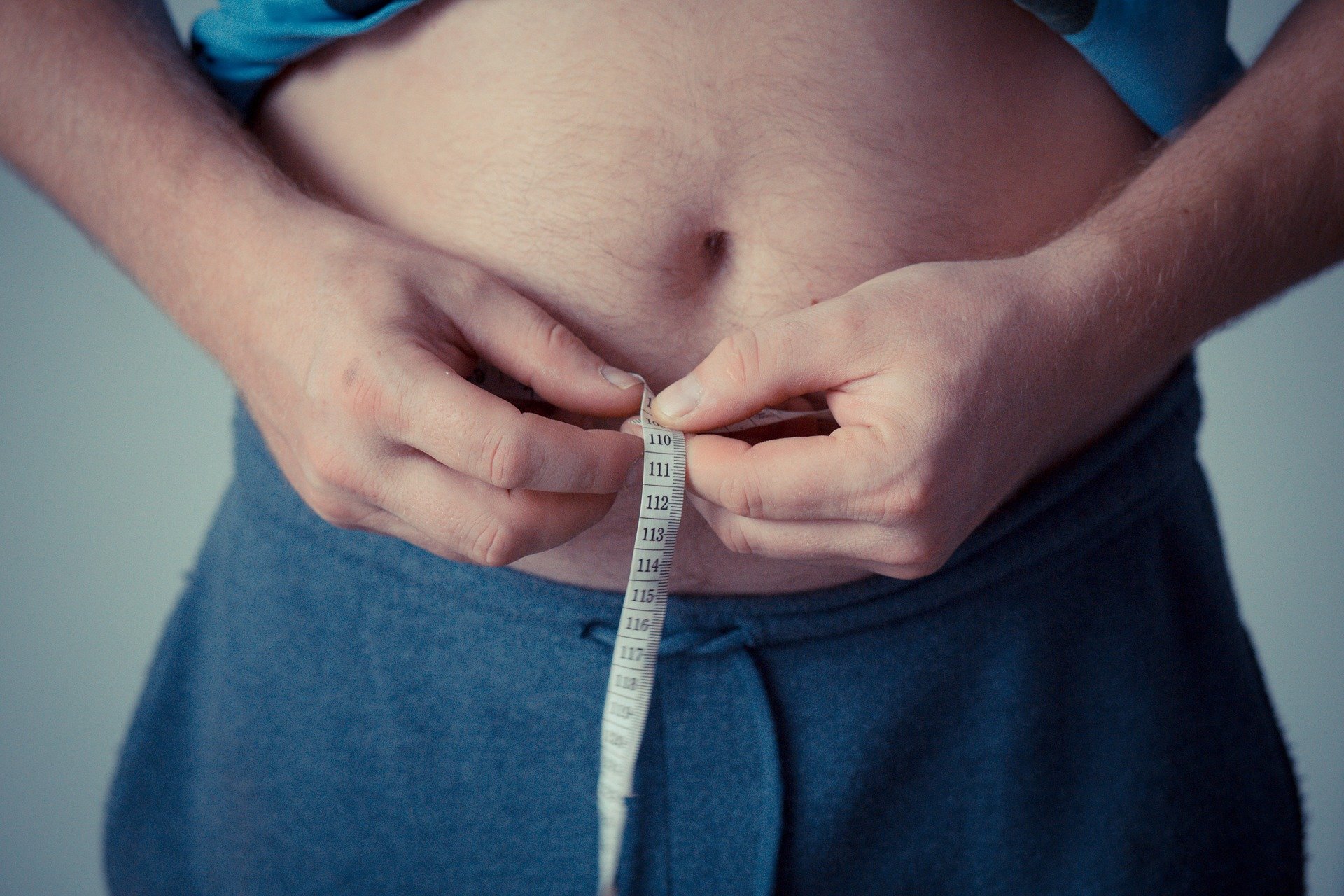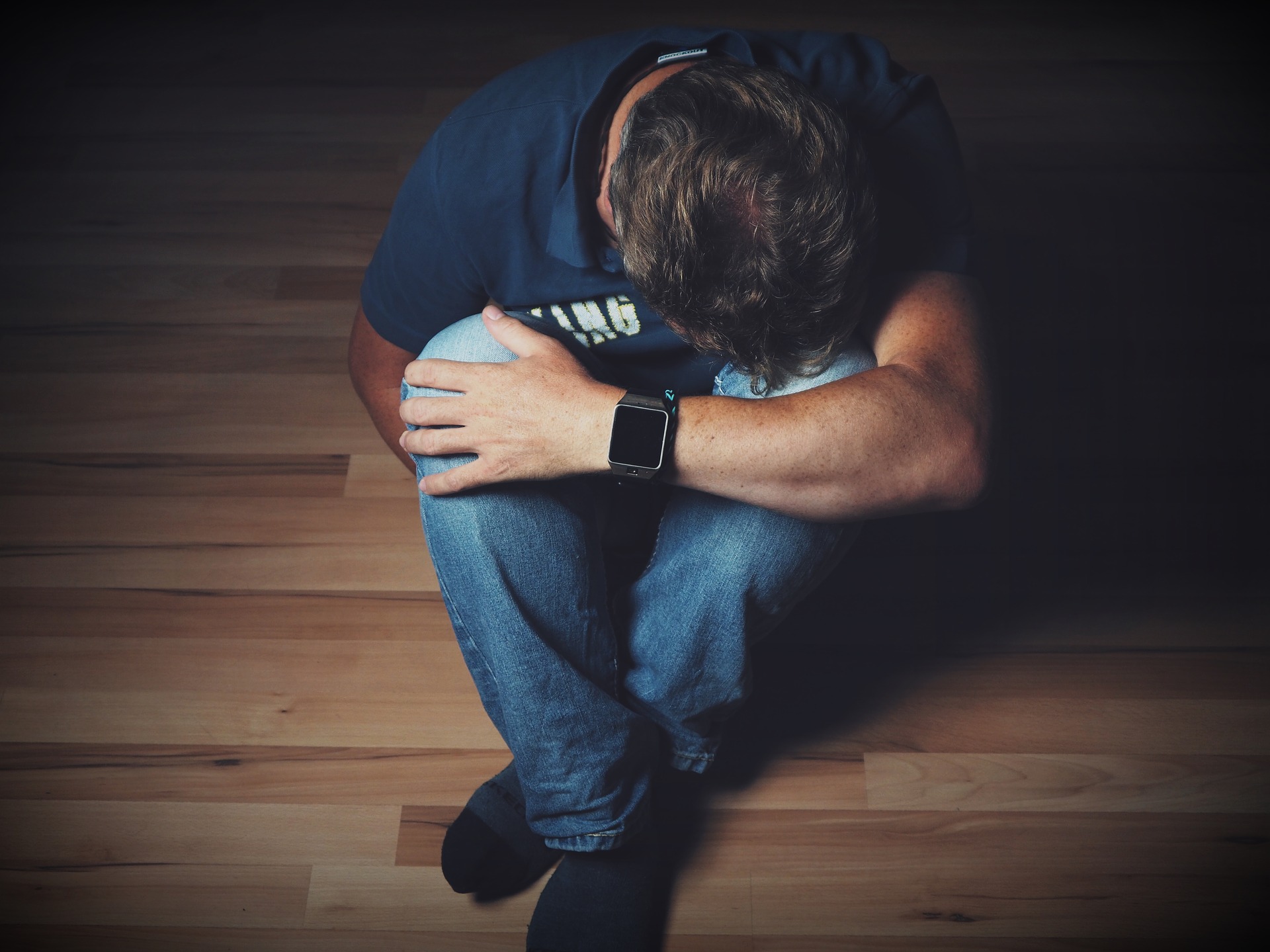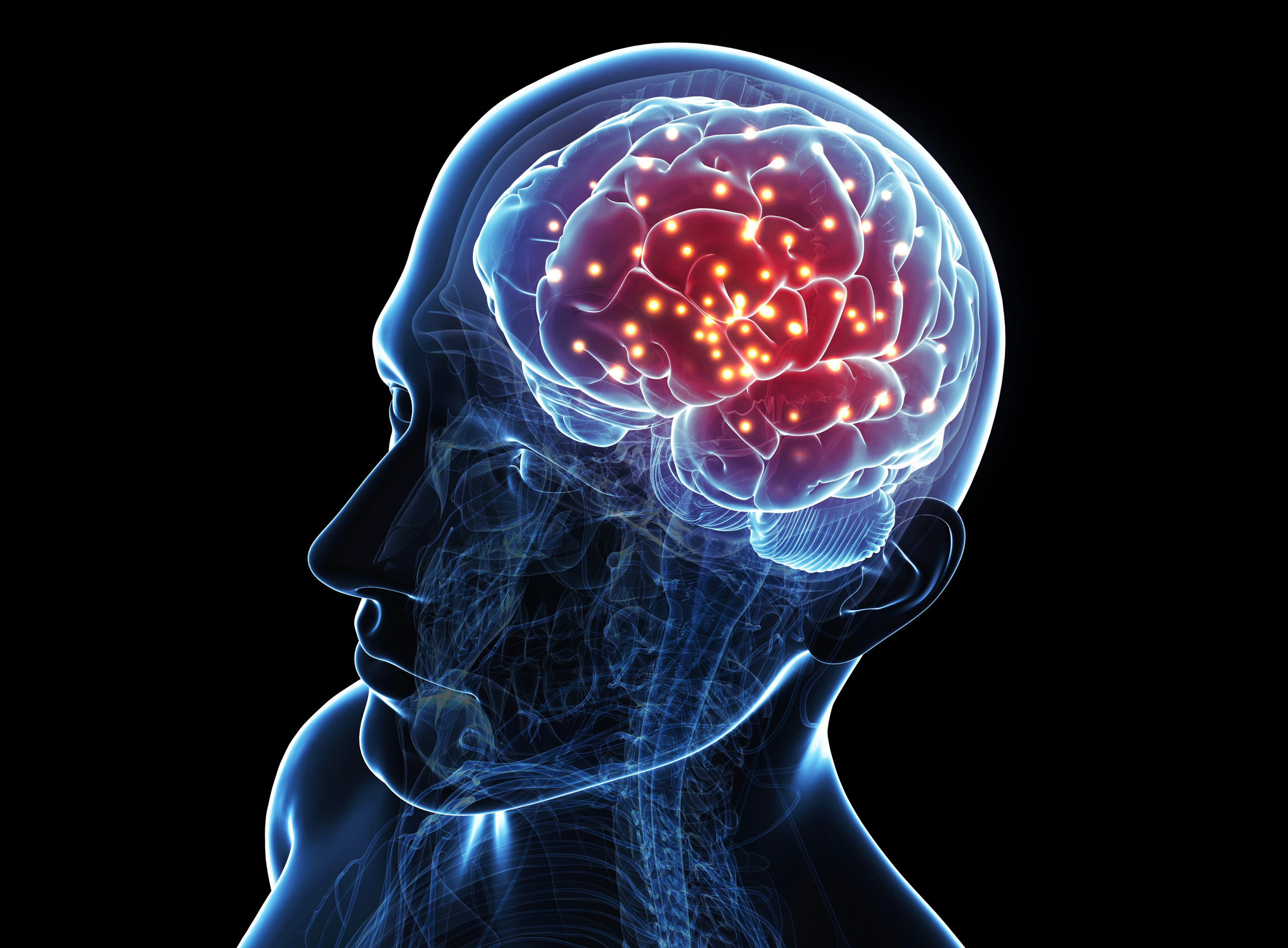
The Ridiculously Comprehensive Guide to Eating Disorders: Part 3- Binge eating
If you grew up between 1997 and 2010, you were most likely than not raised by the TV and ate fast food or ramen more than twice a week, especially if both your parents were working 9 to 5 jobs. Because we grew up in the age of the internet, most Gen Zs like me spend most of our time online watching Tiktok or scrolling on Twitter. Most of us are also hyper-fixated on our bodies because we were made to believe that one body type is ideal while others are repulsive and must be something that we are ashamed of. This is why most of us have a complicated relationship with food; even though we need it to survive, most of us have a toxic and abusive relationship with it. According to the America Addiction Center, 5 to 8% of the global population currently suffer from an eating disorder or has suffered from it previously.
What is Binge Eating?

Also commonly known as Binge Eating Disorder or BED is a severe form of eating disorder akin to bulimia and anorexia and can be life-threatening and has been classified as a mental disorder. It is a recurrent eating disorder where one eats a large quantity of food to the level of discomfort and is followed by the extreme feeling of shame, guilt, distress, and loss of self-control. Binge eating is believed to be the most common type in the US. Unlike bulimia, binge eating episodes aren’t followed by fasting, excessive exercise, and/or purging. As a result, people who suffer from binge eating disorders are usually obese or overweight.
Symptoms
People who suffer from this may eat large amounts of food quickly and sometimes even eat when they aren’t hungry. It can be triggered by emotional distress or stress. One might feel a sense of relief and self-satisfaction while binge eating, but once this episode is over, the might feel an extreme sense of shame and guilt. Some symptoms of binge eating are:
- Anxiety
- Bipolar disorder
- Eating alone because you feel ashamed and/or embarrassed.
- Eating large amounts even though you aren’t hungry.
- Eating rapidly, faster than normal.
- Eating until you are uncomfortable fully.
- Feeling guilt and disgust about oneself.
- Frequent dieting.

Binge eating might also affect your physic; as mentioned earlier, people who are obese or overweight are more likely to suffer from binge eating disorders. According to studies, about 50% of people who suffer from binge eating disorders suffer from obesity. People who suffer from BED also tend to have a negative body image and often start diets to compensate for this dissatisfaction. Physical signs of BED are:
- Acid reflux
- Constipation.
- Difficulties concentrating.
- Isolation
- Poor quality of life.
- Stomach cramps.
- Weight fluctuation either up or down.
Who does it Affect?
Like most eating disorders we talked about previously, it affects women more than men, but that doesn’t mean that men aren’t affected at all. 3.6% of American women currently experience or have suffered from BED, while it is reported that 2.0% of men have experienced it at least once in their life. We live in a patriarchal and heteronormative society where cis-gendered heterosexual men are more likely to hide their eating disorders because it is not ‘manly’. Queer men are 7 times more likely to suffer from binge eating disorders compared to their straight counterparts.

An episode of binge eating can be triggered by a stressful situation, negative feelings, and/or dieting pertaining to one’s weight and body image. It may also be caused by stressful life events like the passing of a loved one, abuse, or a car accident. Child bullying about one’s weight may also trigger episodes of binge eating. 80% of people who suffer from binge eating disorder also suffer from at least another form of psychological disorder. These may include but are not restricted to PTSD, anxiety, phobias, substance abuse, depression, or even bipolar disorder. It is more common than you think, and one of your loved ones or even yourself might be suffering from this.
Binge eating is a Mental/Eating Disorder.
Binge eating, just like bulimia and anorexia, is a mental disorder that can be treated and gets better with time. Treatment depends on the individual, but you should get in touch with a mental health professional who will advise you on the best course of action.
Remember, talking about your eating disorder gets rid of the stigma associated with it and the first step of your healing process is admitting that you need help. Sound off in the comment section below and tell us which illness you want us to talk about next.
You May Also Like

3 Steps for Making Comfrey Slurry
2022-08-05
Memory: How Information Is Stored, Retained And Retrieved
2021-12-19

